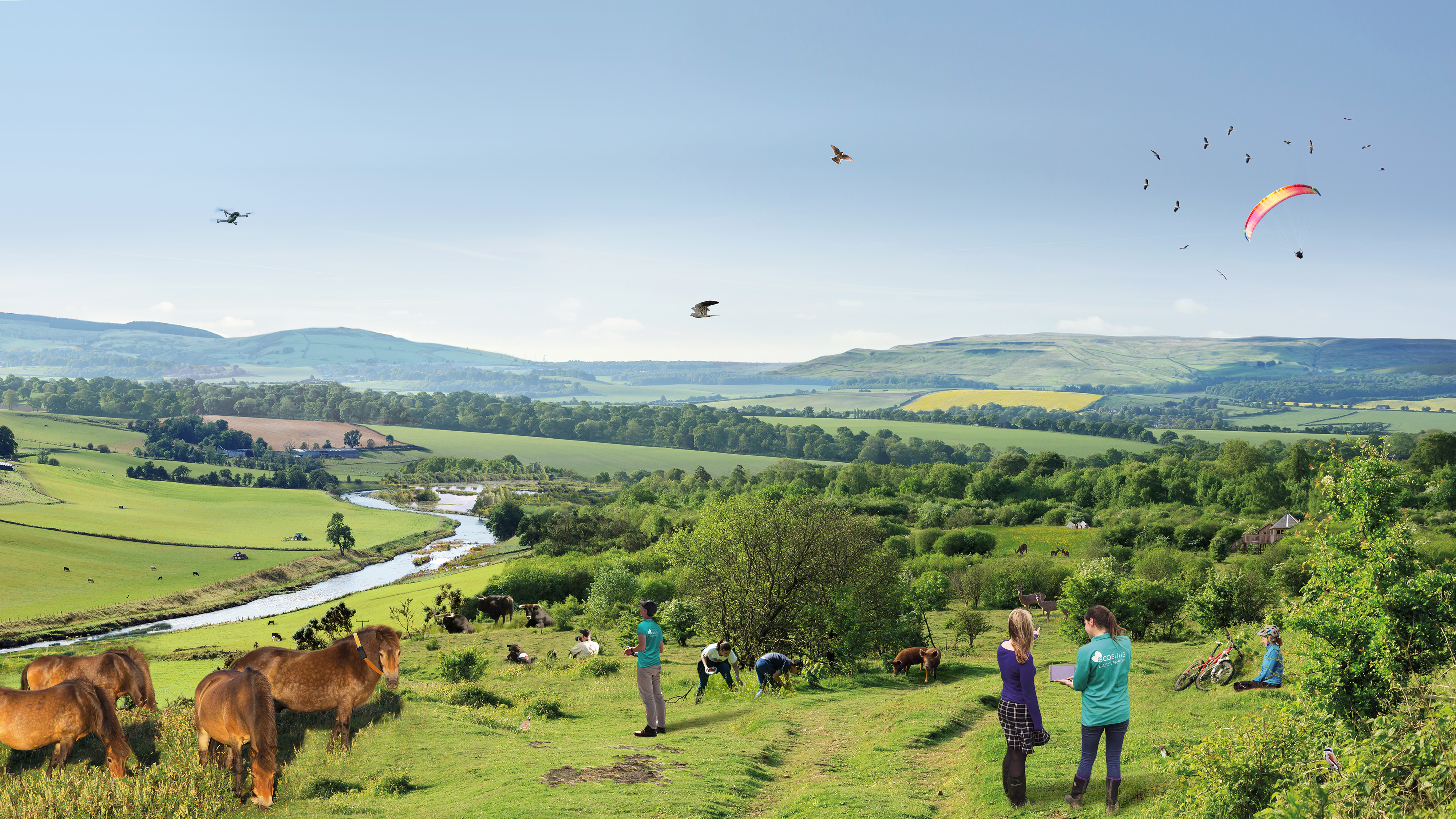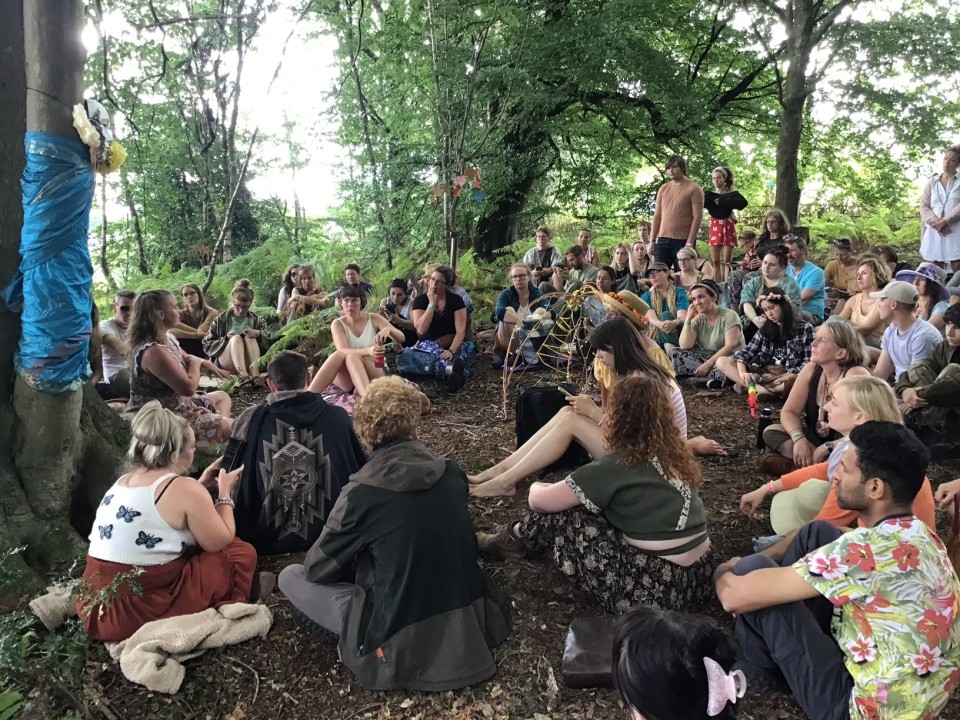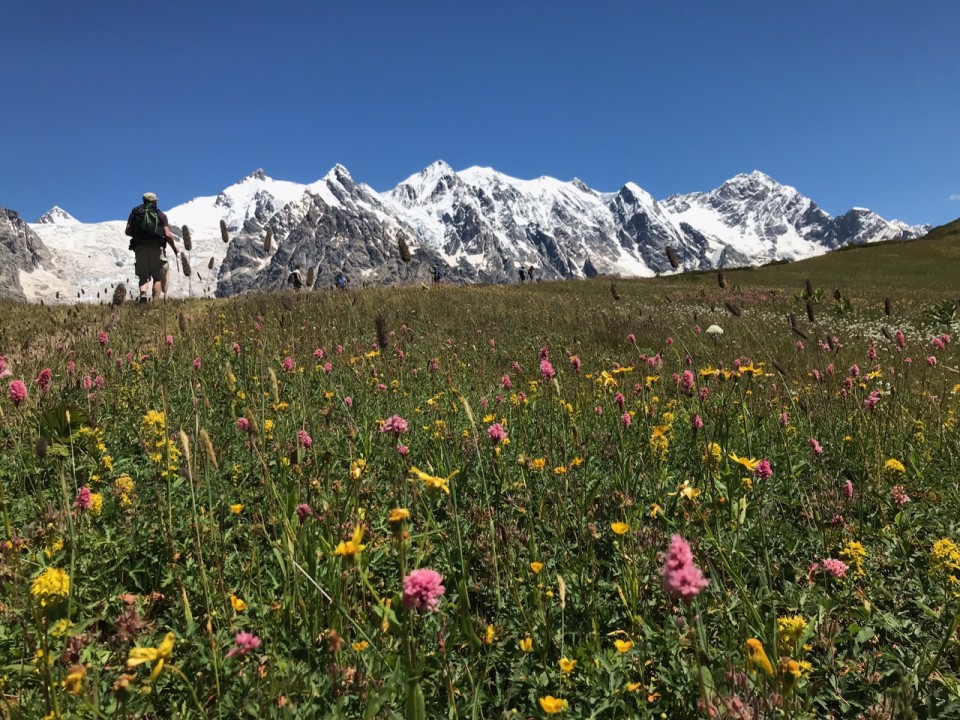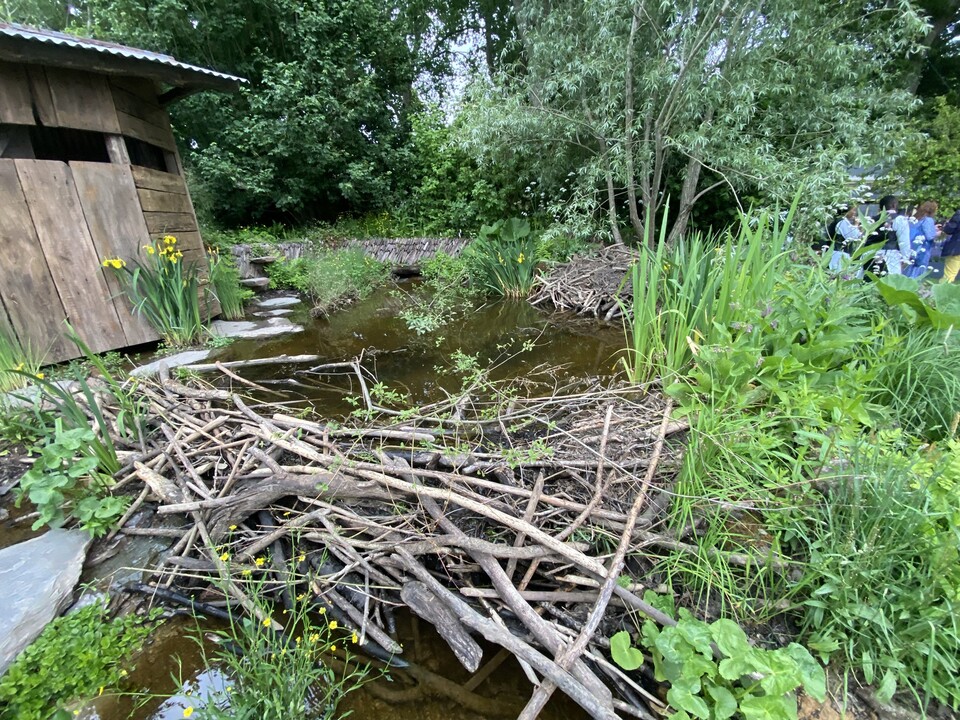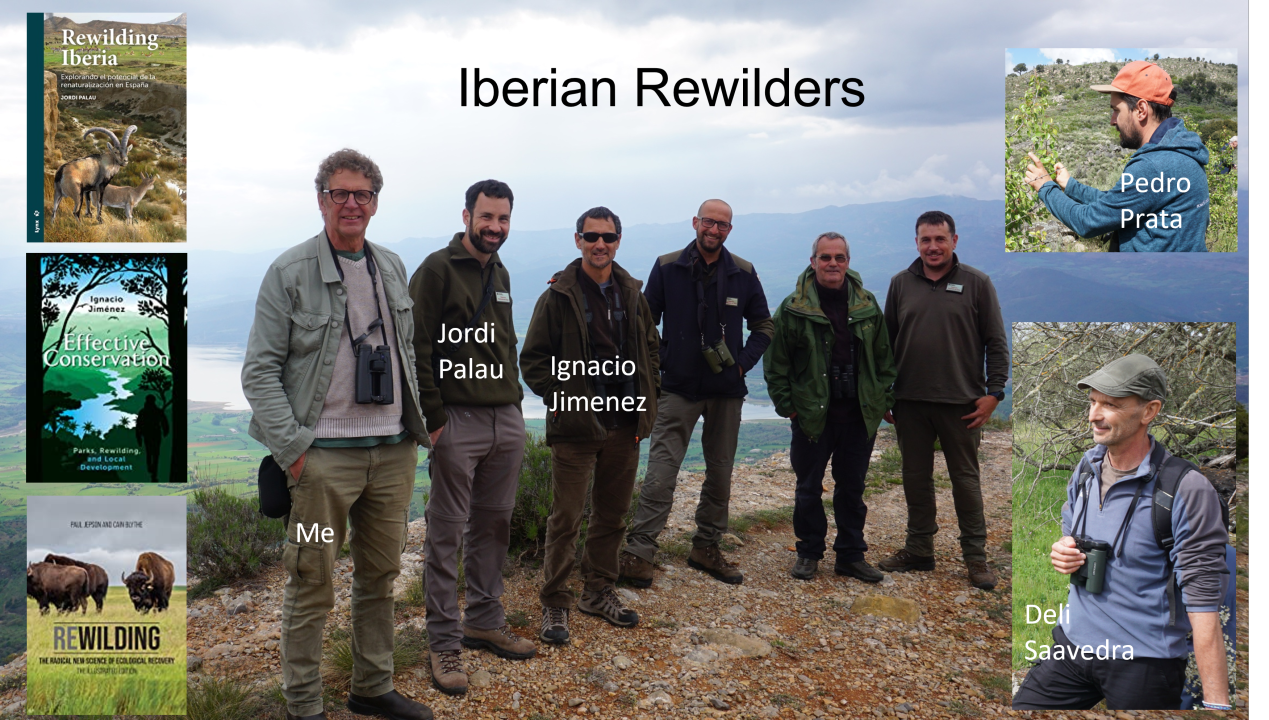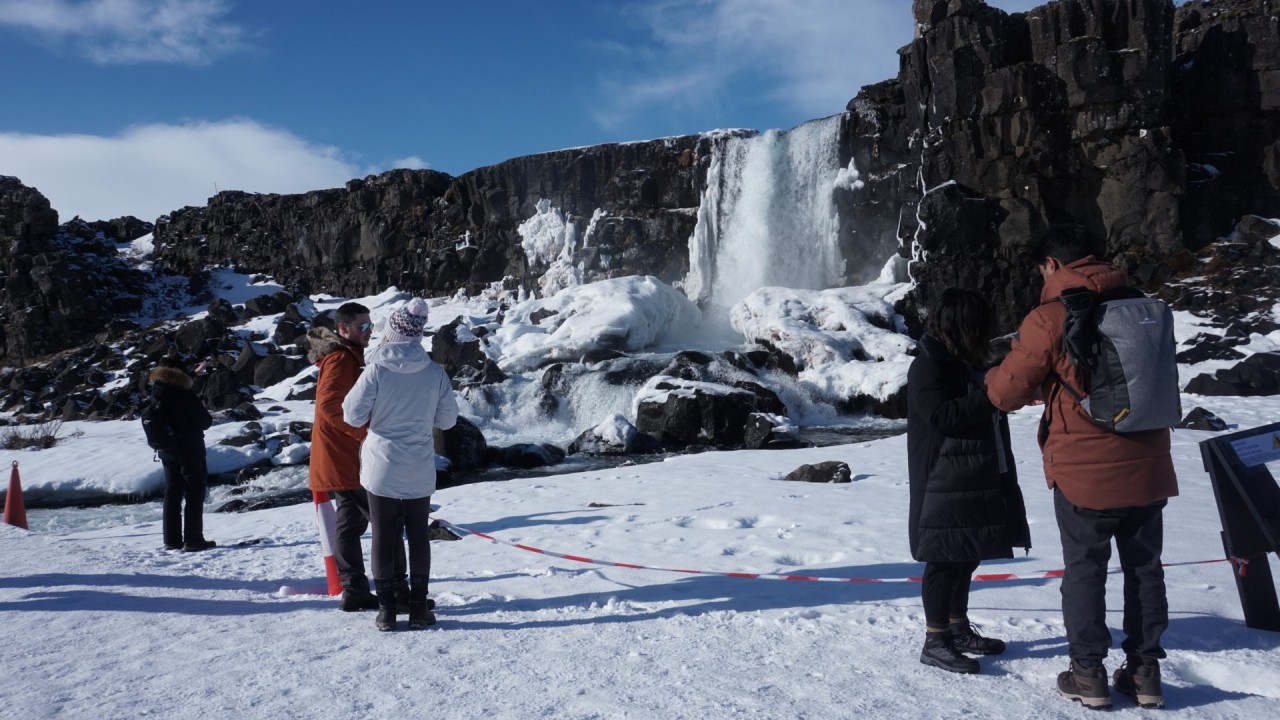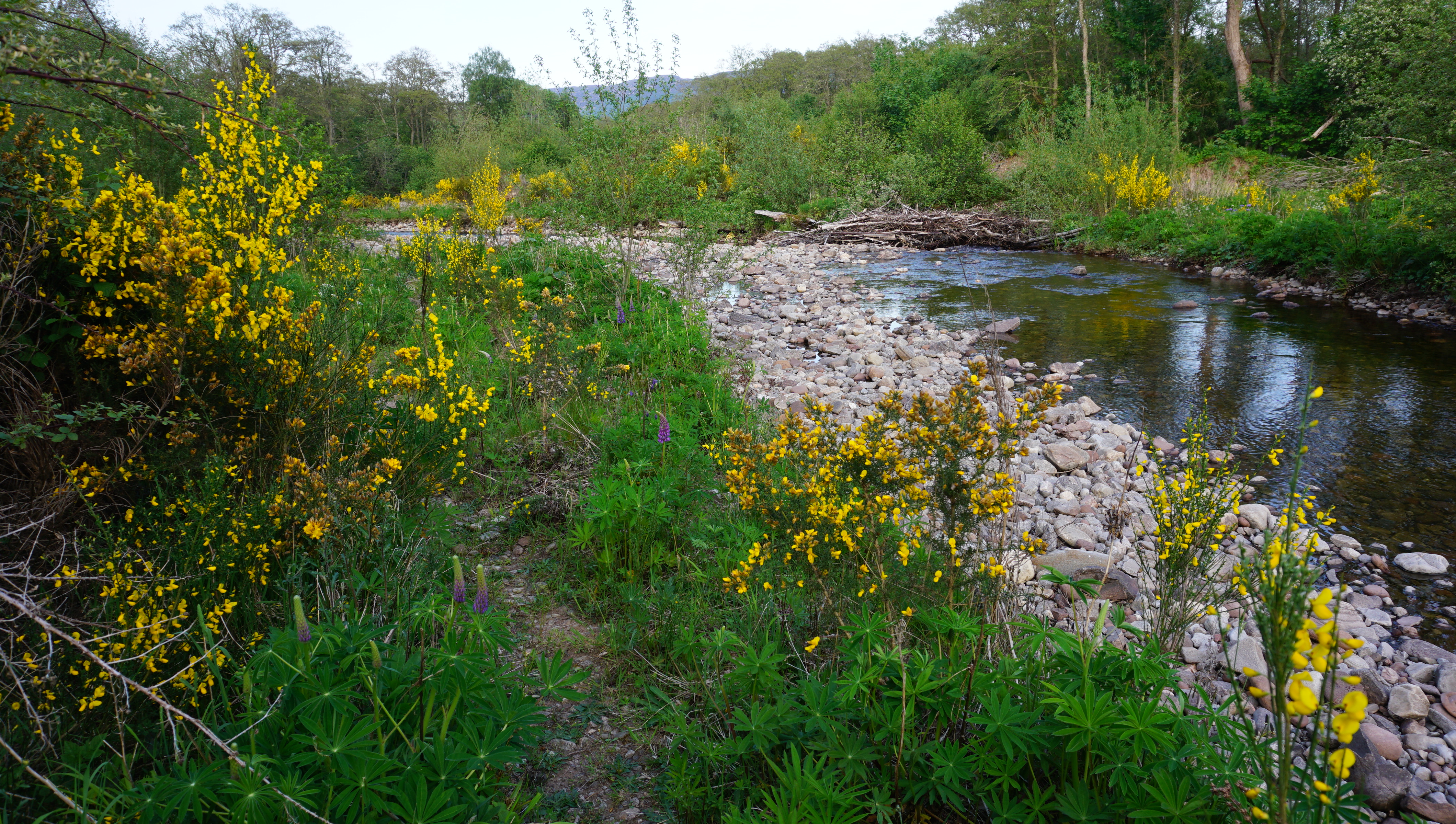This article was first pulished on the Ecosulis blog on 8/10/2019
New pastoralism and natural asset thinking could revitalise the UK’s national parks.
Time for change
Britain’s national parks have lost their way. The special qualities that are supposed to set them apart and inspire national pride have faded, with many just another landscape designation on the map. Part of our “taken for granted” countryside, they are familiar and pleasant, yet failing to meet the needs of wild nature and British society.
The Landscapes Review, a government commissioned report considering the next steps for our national parks, has just been published. Will this lead to improvements? Maybe. But we the people still need to be proactive in articulating a far brighter future for these essential spaces.
It is in this spirit that I offer a vision, which might be labelled a “new pastoralism”. It takes inspiration from diverse sources – the new science and popularity of rewilding, the rise of plant-based eating, compelling concern about climate change, the influence of technology on culture, and the deep-seated feeling that we need to regain control of our nationhood.
Most of our national parks are found in upland areas where people traditionally grazed cattle, horses and sheep. This pastoralist way of life has now declined with the rise of industrial livestock rearing.
But nearly seventy years on from the creation of the UK’s first national park, it is possible to reimagine a progressive, twenty-first century pastoralism. One that is underpinned by advancing technology, a heartfelt public yearning to recover nature and address global warming, and a growing demand for authentic products and personalised experiences.
Grazing 2.0
Natural grazing – the restoration of herds of free roaming herbivores such as cattle, horses and deer – creates dynamic, wood-pasture landscapes that support wildlife recovery, increase soil quality, lock up carbon and boost flood protection. Advancing technology and changing policy mean that we can generate increasing revenue from these wilder, more natural landscapes.
Picture this scenario. New pastoralists track their herds using tags, drones and GPS, send soil samples to labs, and automatically receive government payments for carbon sequestered via smart contracts. They market healthy and ethical wild meat and high-end nature-based experiences online.
These pastoralists won’t operate as individuals. They will act as a collective, connected with other land owners and enterprises specialising in tourism, artisanal manufacturing and technology. Such services and products will add even greater value to the nature-based value generated by revitalised natural landscapes. Facilitated by blockchain technology, such collaboration will be transparent, democratic, cost efficient and investable.
Innovative interaction
New technology and the rise of new pastoralism would allow people to experience the land and wild nature in entirely new ways. Imagine a future where a visit to a national park involves renting a smart e-bike or phat scooter. Hook up your smartphone and let it guide you to the nearest herd of magnificent wild horses or red deer, whose location has been provided by their tech-savvy pastoralist owner. A genuine safari experience worthy of the Serengeti Plains!
After a day in the park, flexitarians will dine in nearby pubs and restaurants, with menus based on wild meat, game, fungi, berries and nuts harvested from revitalised wood-pasture landscapes. Smartphone apps will provide diners with information on the life and times of the herds from which their meat was sourced, guaranteeing its wild and ethical provenance.
A brighter future
As a nation, we are currently in a bad place. Brexit seems to have exacerbated feuding and tribalism, leaving people feeling resentful, dissatisfied and unheard. Yet the issue of Brexit not only signifies a profound desire to recover something lost, but a willingness to embark on an uncertain journey to do so.
Our national parks should be places where people from all walks of life come together to enjoy and be recharged by the beauty and unpredictability of wild nature and rural life. Reinventing pastoralism in them would mean taking an uncertain journey. But I believe that journey would also be hugely positive, unifying and cathartic.
By allowing us to recalibrate our relationship with the land, nature and food, new pastoralism can create a revitalised, inclusive and inspirational natural heritage that benefits every Briton.

